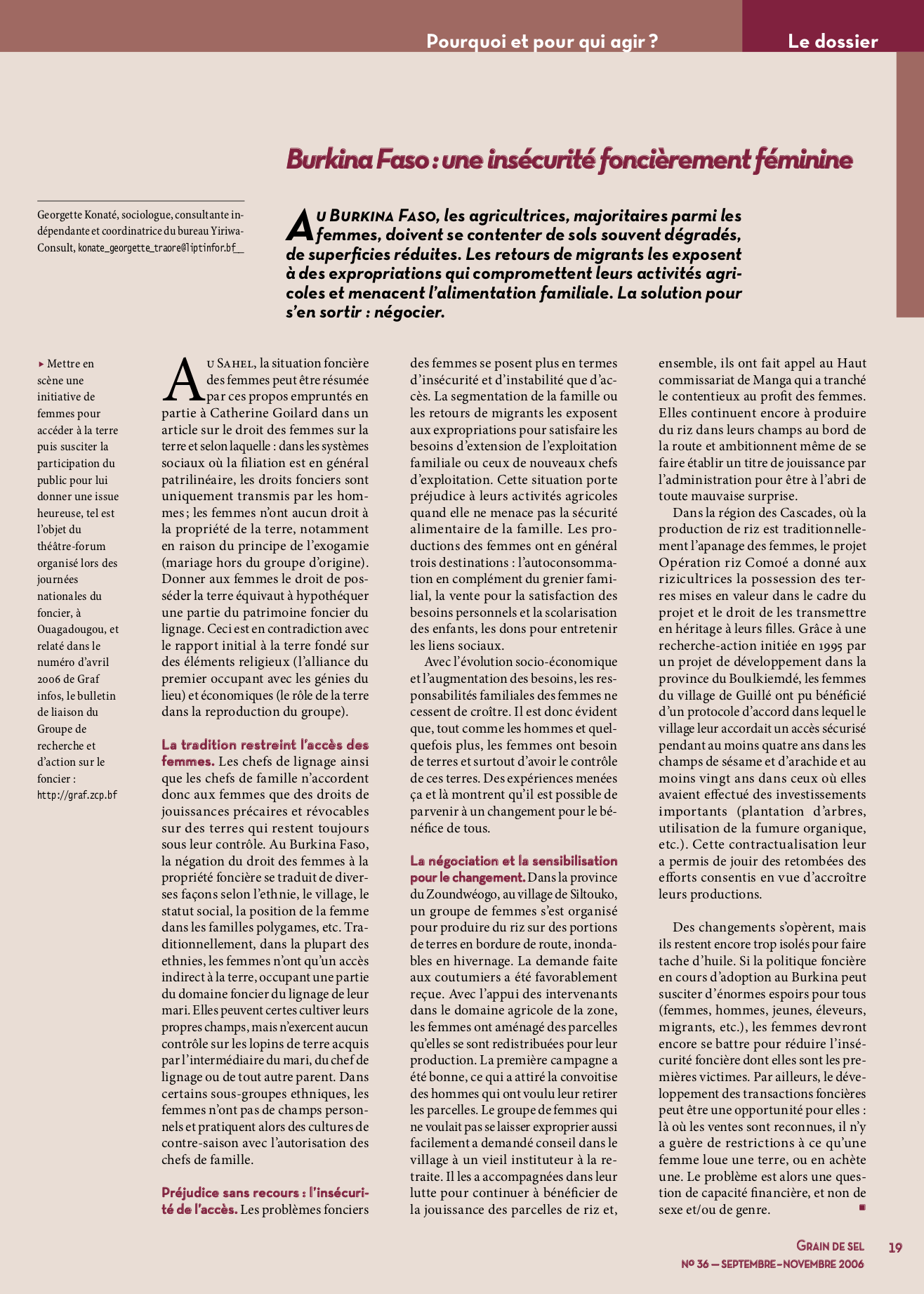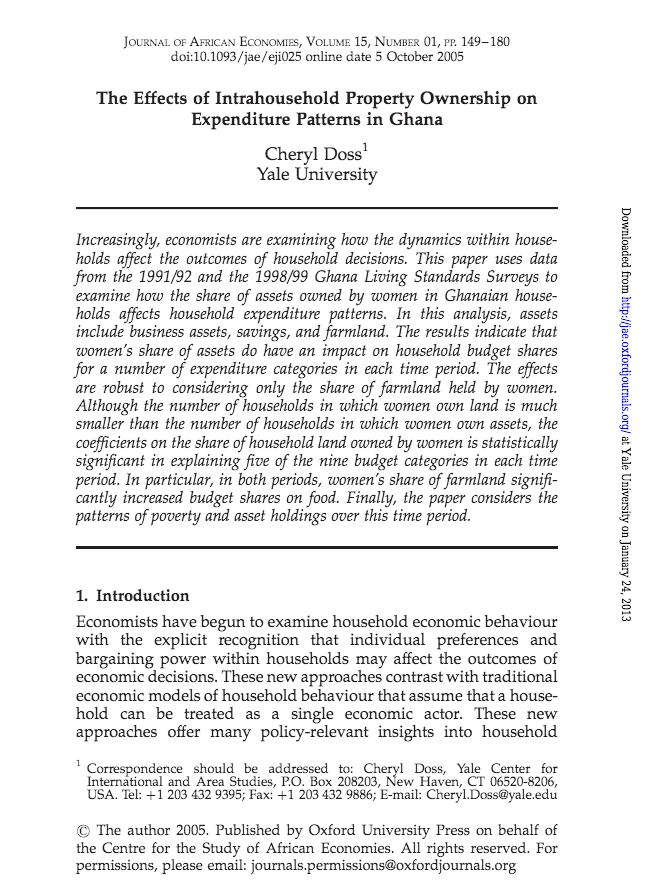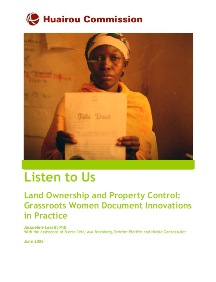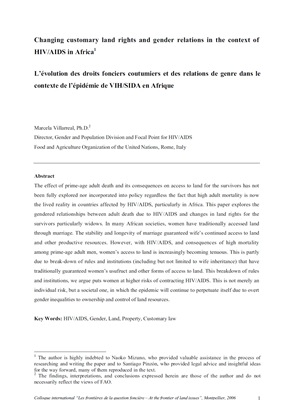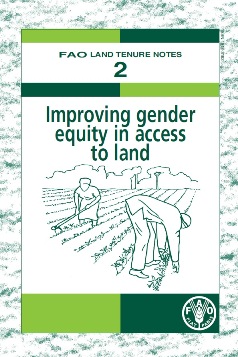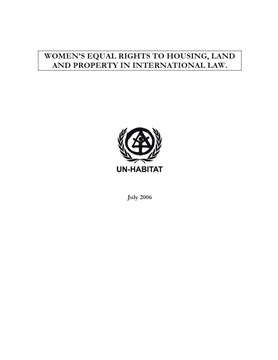Burkina Faso : une insécurité foncièrement féminine
Au Burkina Faso, les agricultrices, majoritaires parmi les femmes, doivent se contenter de sols souvent dégradés, de superficies réduites. Les retours de migrants les exposent à des expropriations qui compromettent leurs activités agricoles et menacent l’alimentation familiale. La solution pour s’en sortir : négocier.

